Recent Publications & Learning
Doing development differently starts with better evidence and learning.
Doing development differently starts with better evidence and learning.
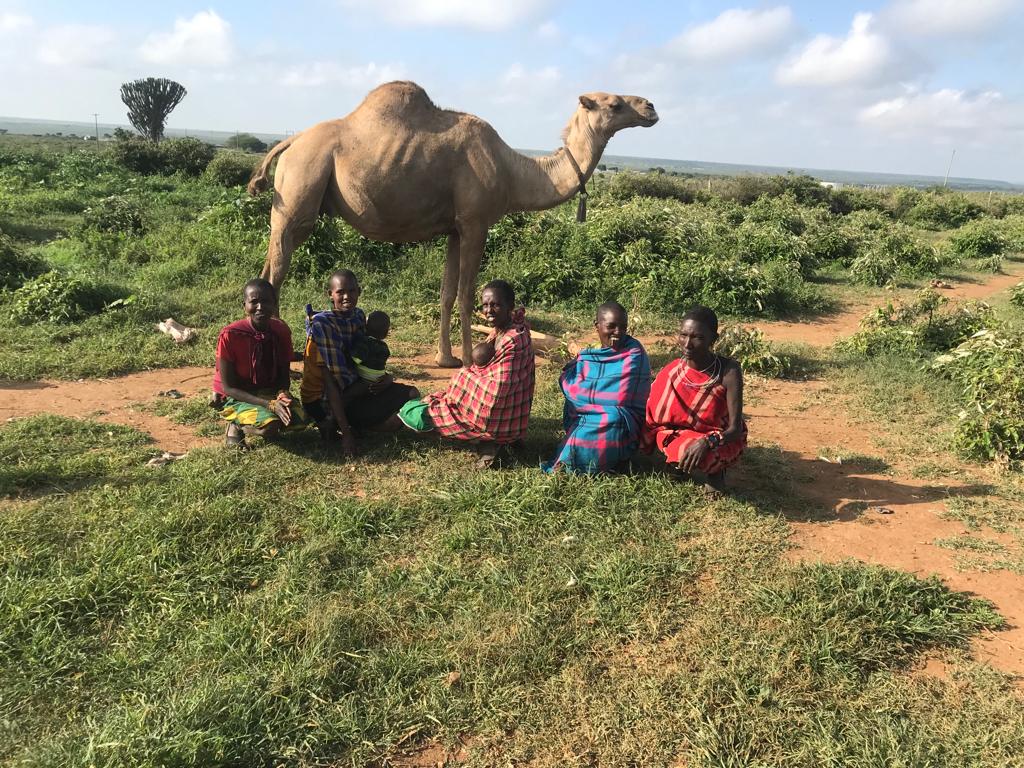
This blog provides evidence-based recommendations to improve women pastoralists’ access to animal health, using the experiences of pastoral communities in the drylands of Ethiopia and Kenya.
Read More
This blog explores the dynamics of women’s and men’s access to and use of animal health services (AHS) among pastoralist communities.
Read More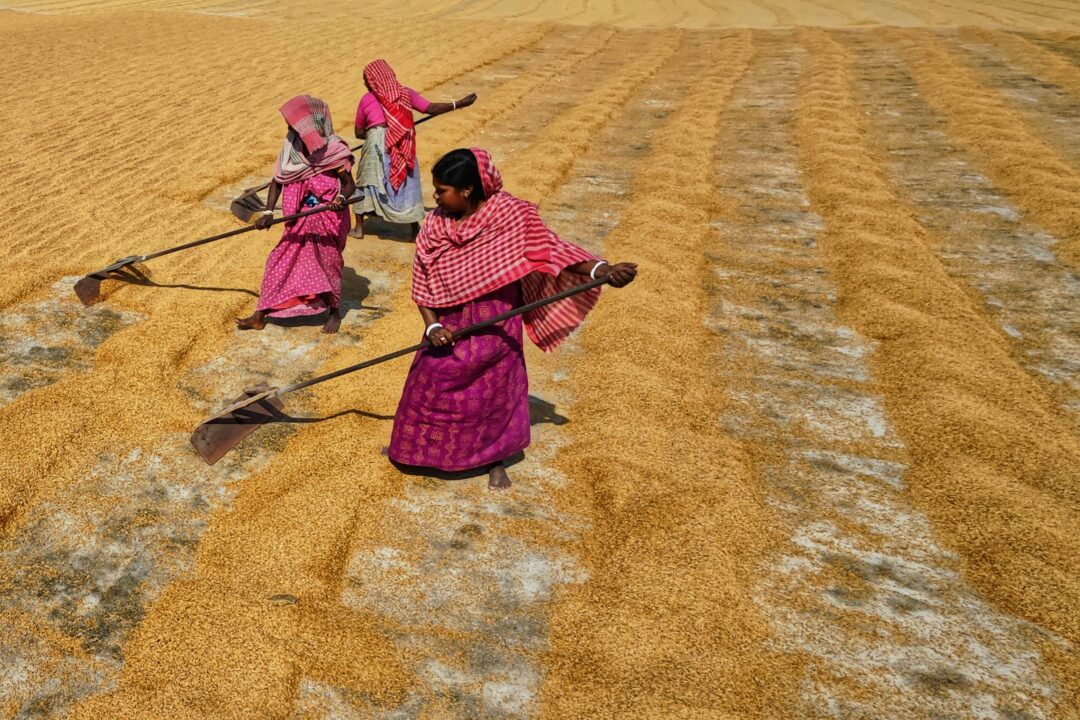
This report charts some key entryways for better incorporating gender in business environment reform, with a focus both on policies themselves, and the processes for their proper implementation.
Read More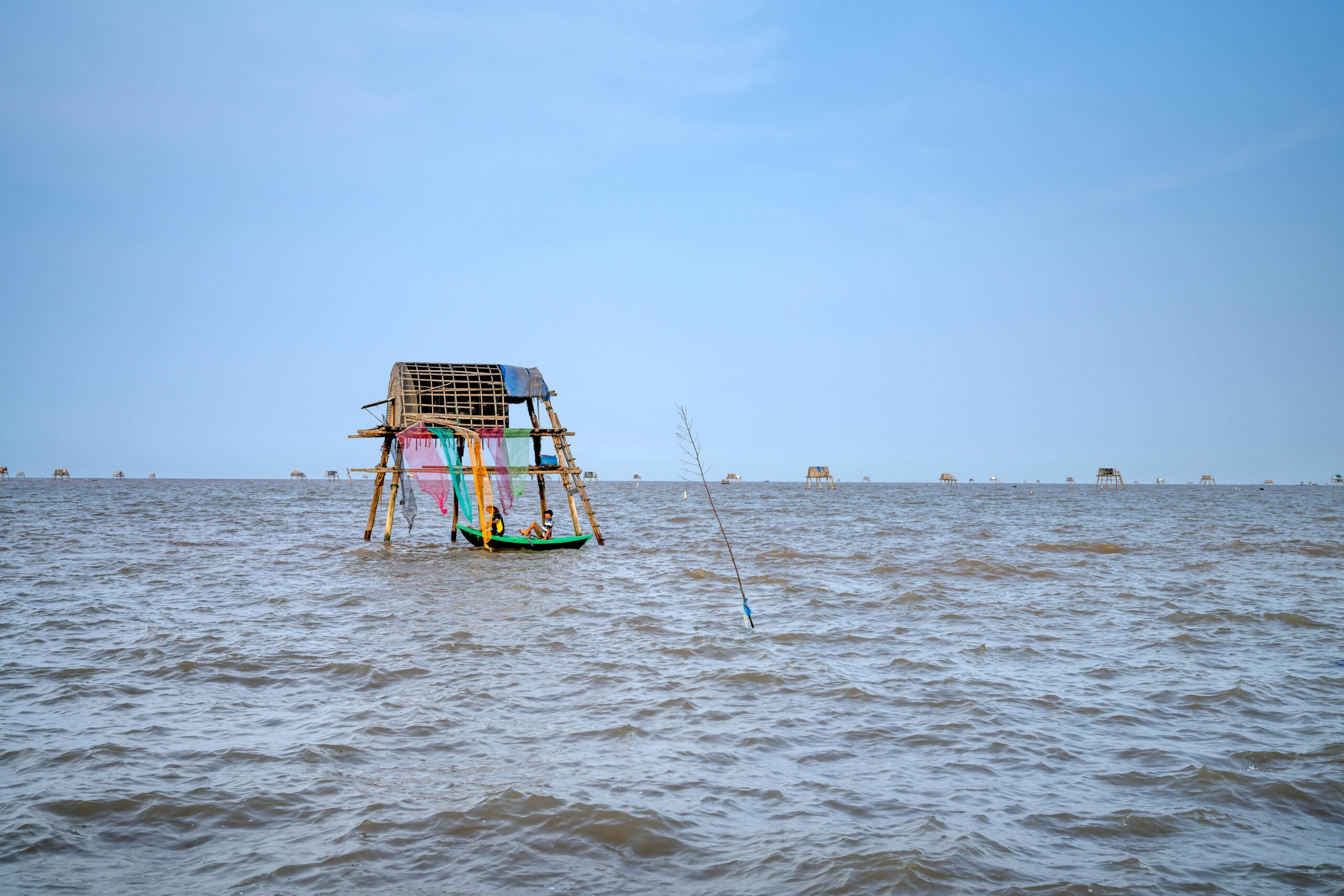
The Investment Climate Reform Toolbox (ICR) Toolbox is written for policy-makers and the business membership organizations in African, Caribbean and Pacific (ACP) countries and beyond, and is designed to respond to common challenges faced by those working to develop a business environment for a thriving, inclusive, and sustainable private sector.
Read More
How do low-income households and masons make house construction decisions? This three-country study examined social norms, networks, and information flows that influence construction practices in Kenya, India, and Peru. The research sought to answer the following questions: 1) How do households and individuals make housing decisions? 2) What are the information flows, key influences, and social norms that steer these decisions? and 3) How can programmes leverage knowledge about norms to improve the quality of home construction?
Read More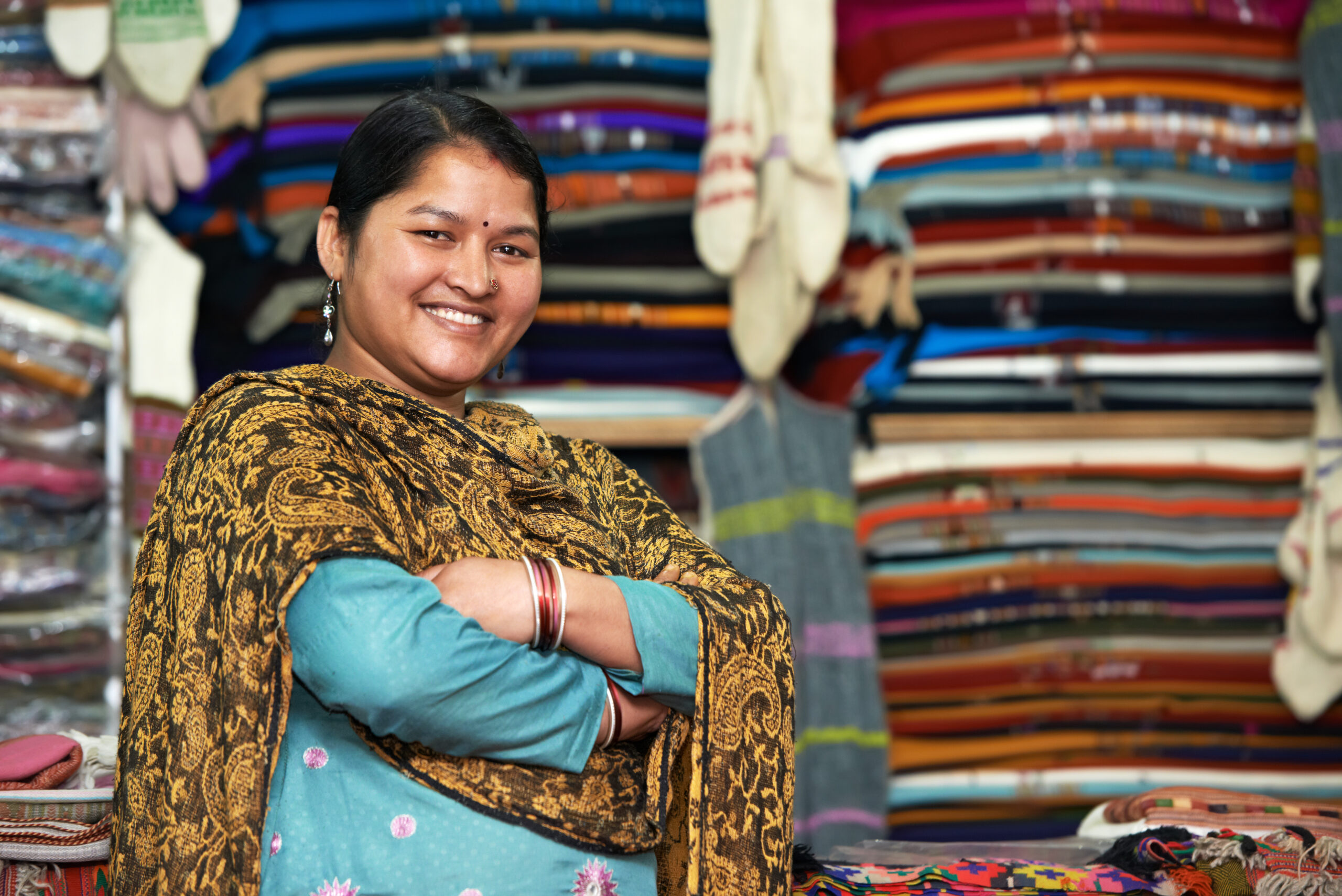
This brief analyzes the existing literature from developing countries on how firms invest in social inclusion and measure its return on investment. It then analyzes existing evidence gaps and makes recommendations on how firms and USAID partners working in private sector engagement and market systems development can improve their investments and fill evidence gaps.
Read More
This brief documents how different private sector actors understand and measure social inclusion and its return on investment (ROI) as an initial step to frame further research on the business case for social inclusion in developing countries. This brief was produced as part of MSA’s work with the Feed the Future Market Systems and Partnerships (MSP) Activity, a set of learning initiatives around social inclusion.
Read More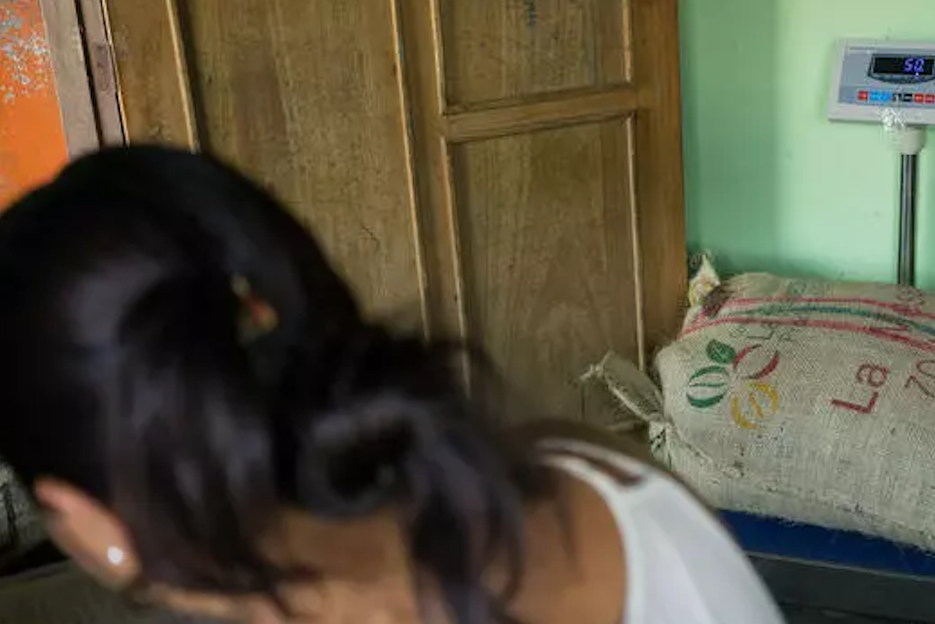
The Feed the Future Advancing Women’s Empowerment (AWE) program team spoke with Wade Channell, senior economic growth advisor for gender with USAID about how we can leverage the enabling environment to achieve scale in women’s empowerment.
Read More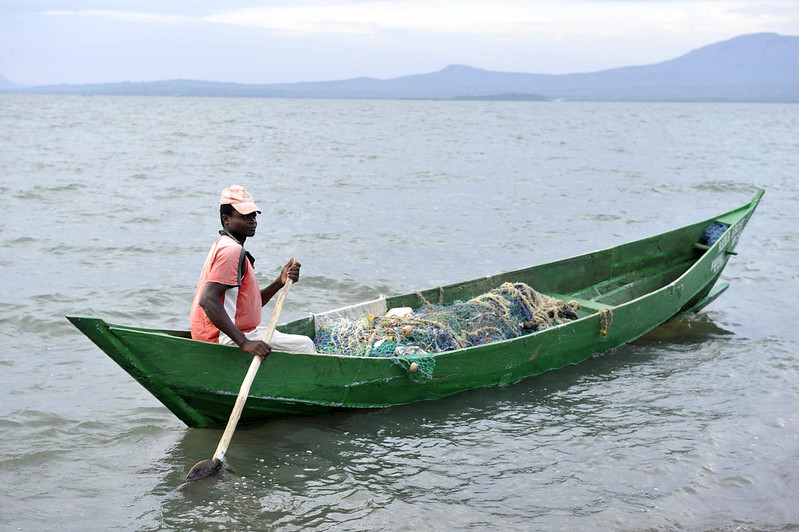
This case study examines the Kuza project, a 3.5 year initiative that operated in coastal Kenya, and distills lessons for initiatives seeking to facilitate inclusive job creation, as well as methods for understanding impact. MSA conducted an analysis of Kuza’s job creation and job measurement strategies with a specific focus on the micro-retail sector. The study profiles Kuza’s approach to capturing direct, indirect and induced job creation.
Read More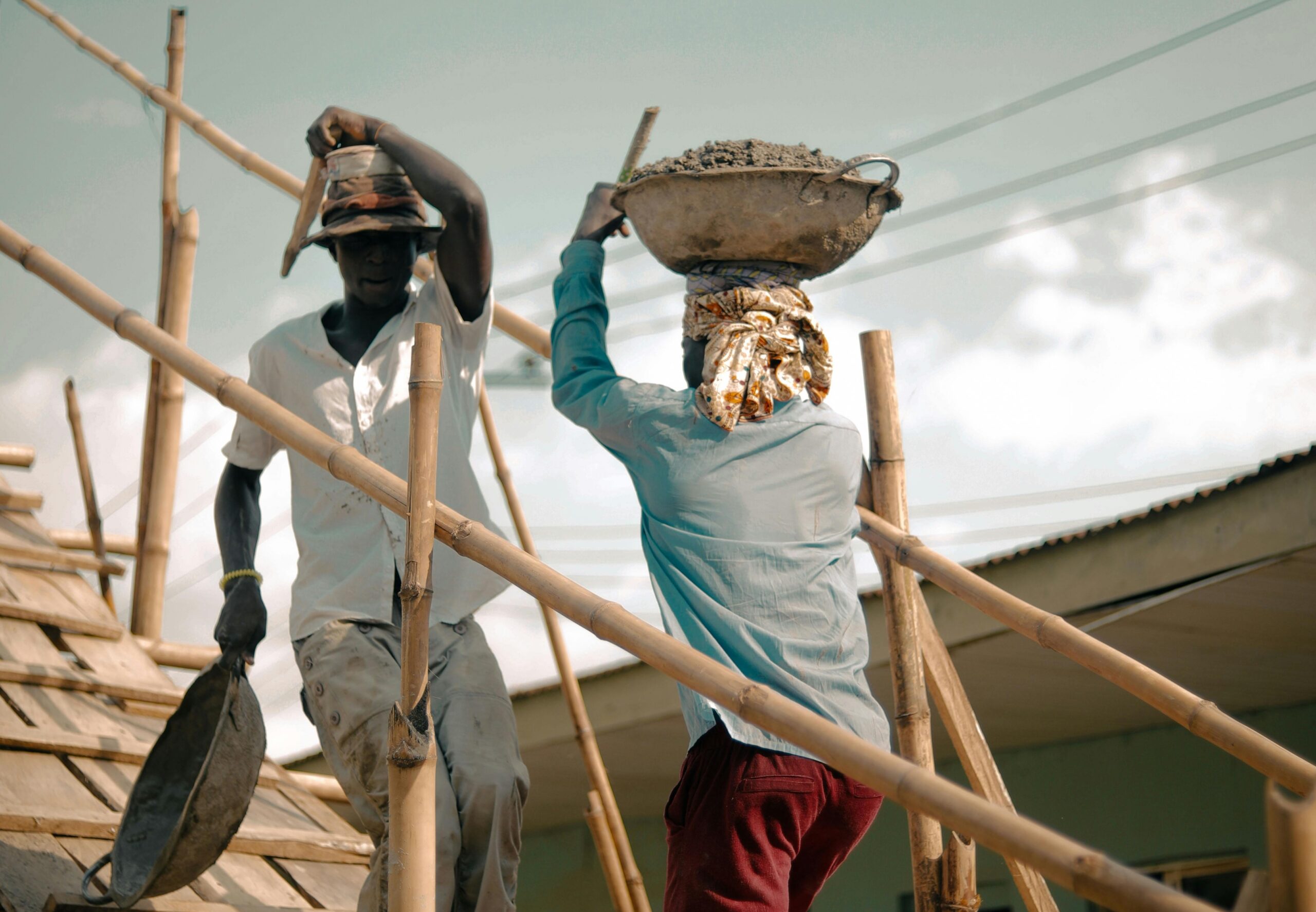
If you’ve ever wondered (or been skeptical about) if or how the market systems approach can address job quality, we’ve mapped the evidence from the field to learn what’s been done, what’s been effective and what projects and donors can to better address job quality in the future.
Read More